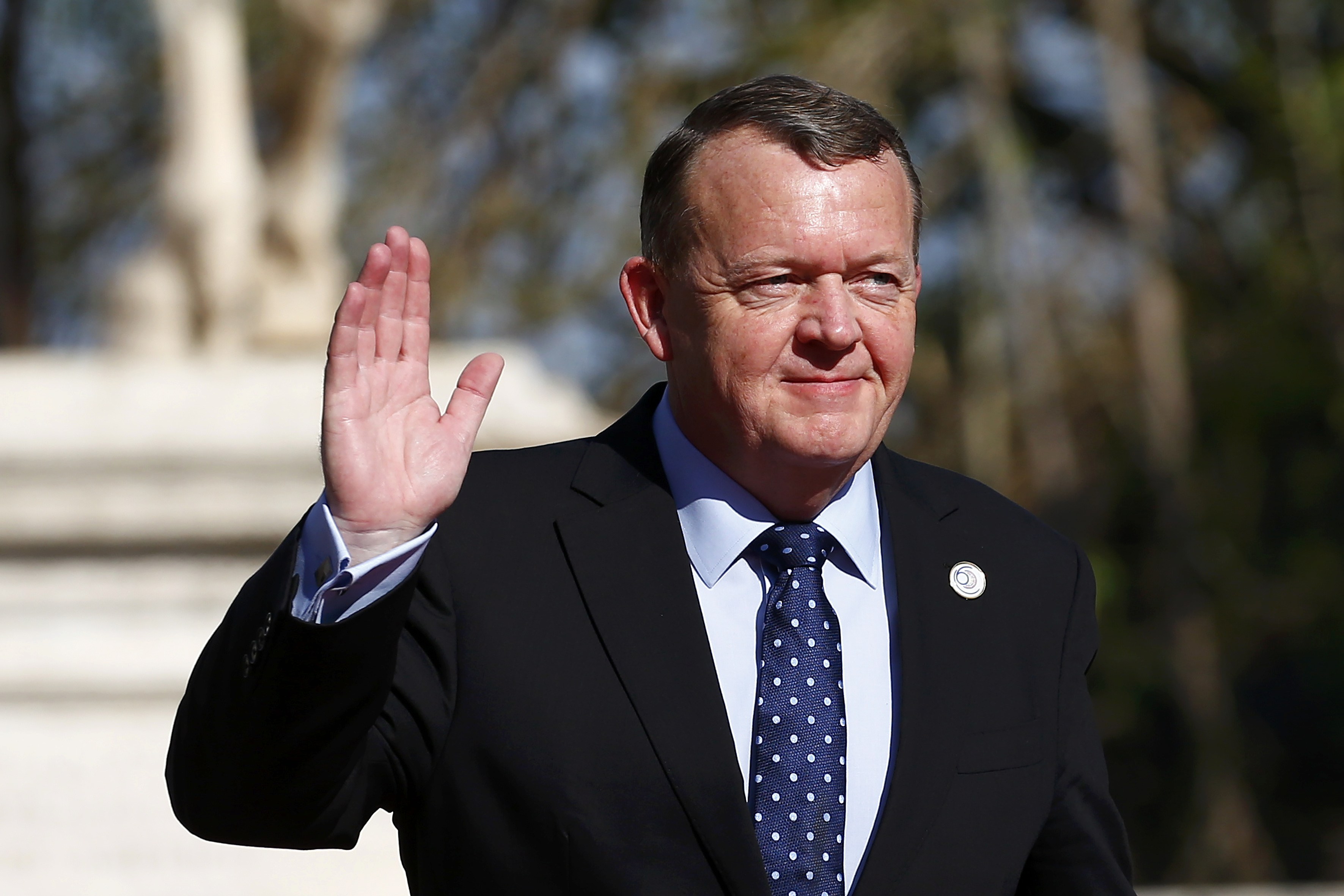Denmark’s annual state of the kingdom report paints a rotten picture of Greenland’s economy

Lars Løkke Rasmussen, the Danish PM, regularly makes it known to the leaders of Greenland and the Faroe Islands, which together with Denmark collectively make up the Kingdom of Denmark, that they are welcome to the advice Copenhagen can give, particularly when it comes to setting their economies on the right track.
“In Denmark, we’ve been through periods of reforms and economic austerity. I’ve even been responsible for some of them. They are necessary. They have been necessary, and they will be necessary,” Rasmussen told the Folketing, the national assembly, in 2016 debate about his State of the Kingdom, an annual report.
The 2017 report, filed on April 7 and released yesterday, continues in the same vein, warning Greenland in particular of the need to improve its economic fundamentals if it is to staunch a widening gap between public expenses and revenue, brought on in large part by an aging population and high unemployment.
Ironically, last year was a good year for Greenland; the economy grew 4.6 percent after a modest 1.7 percent improvement in 2015. The previous two years, it contracted. The growth, by and large, is due to high prices for fish, the country’s dominant export. Infrastructure projects, most significantly a prison and a port in Nuuk, also contributed.
In addition, 55 percent of government revenue (and 20 percent of GDP) is in the form of an annual 3.7 billion kroner ($530 million) block grant paid by Copenhagen to Nuuk.
None of this is anything to build long-term economic growth on though, the report warns. Fishing quotas, for example, are higher than biologists’ recommendations, and construction of both projects is nearing completion.
When it comes to the block grant, Copenhagen and Nuuk agreed in 2009 to stop raising the amount each year. In real terms, this means that, over the past eight years, its value has shrunk by 250 million kroner. Should more powers be developed from Copenhagen, Nuuk will be responsible for paying for them too. In all, this could end up adding an estimated 800 million kroner to the cost of running the country.
New sources of income, in the form of mining activity expected to get underway this year and in the coming years, as well as new airport construction, are available, but they do not eliminate the need for reforms.
Citing figures from Grønlands Økonomisk Råd, a panel of advisers to the Greenlandic government, the report reminds decision-makers in Nuuk that revenue can be expected to remain flat over the next two decades, at the same time as expenses gallop to an estimated 1 billion kroner annual shortfall in 2035, amounting to 7 percent of GDP. In last year’s report, the projected shortfall was 750 million kroner.
Nuuk’s plan for addressing the shortcoming has four elements: education, economic diversification, a modernized public sector and reforming the tax system and the way public benefits are paid. If the reduction in public expenses works as planned, it will save 650 million kroner annually.
As an example of the advice Copenhagen can give, Rasmussen notes that his Finance Ministry helped Nuuk craft a law that will require national and local budgets to be balanced over a four-year period.
“The law,” the PM explains, “does not address the structural problems the Greenlandic economy faces, but it can help get expenses under control.”
The Folketing will debate Rasmussen’s report on May 23. Meetings between the three national leaders are typically held in the spring, though no date for this year’s session is available.